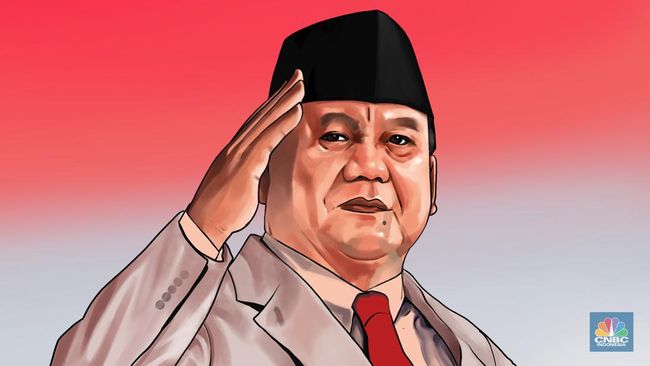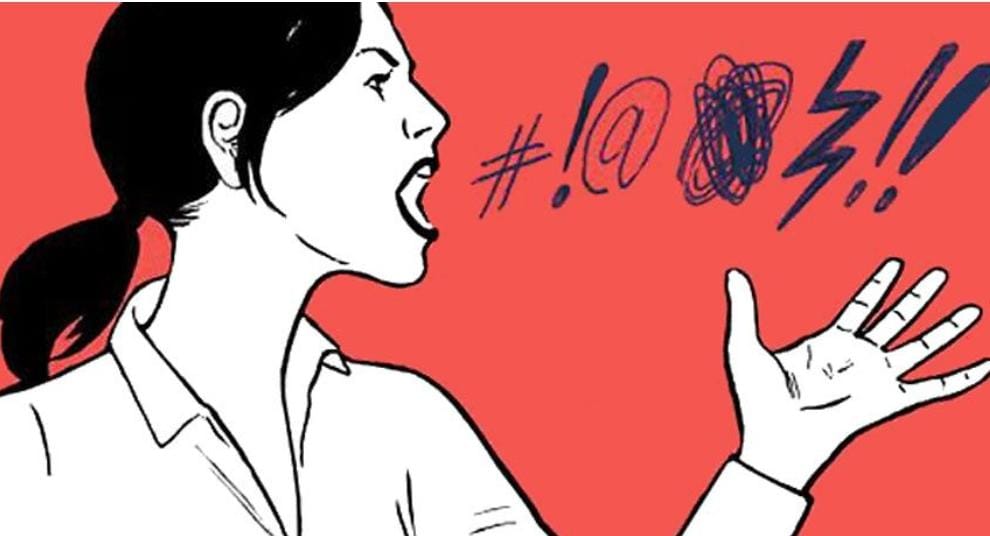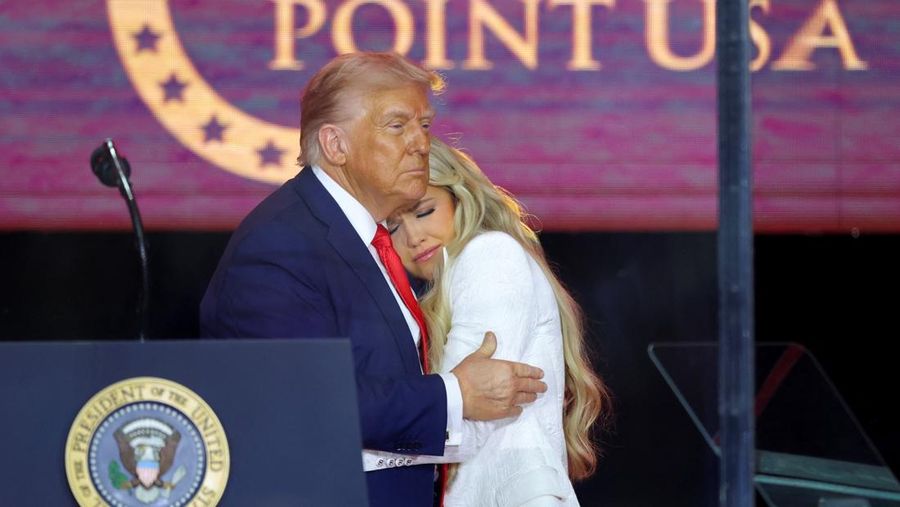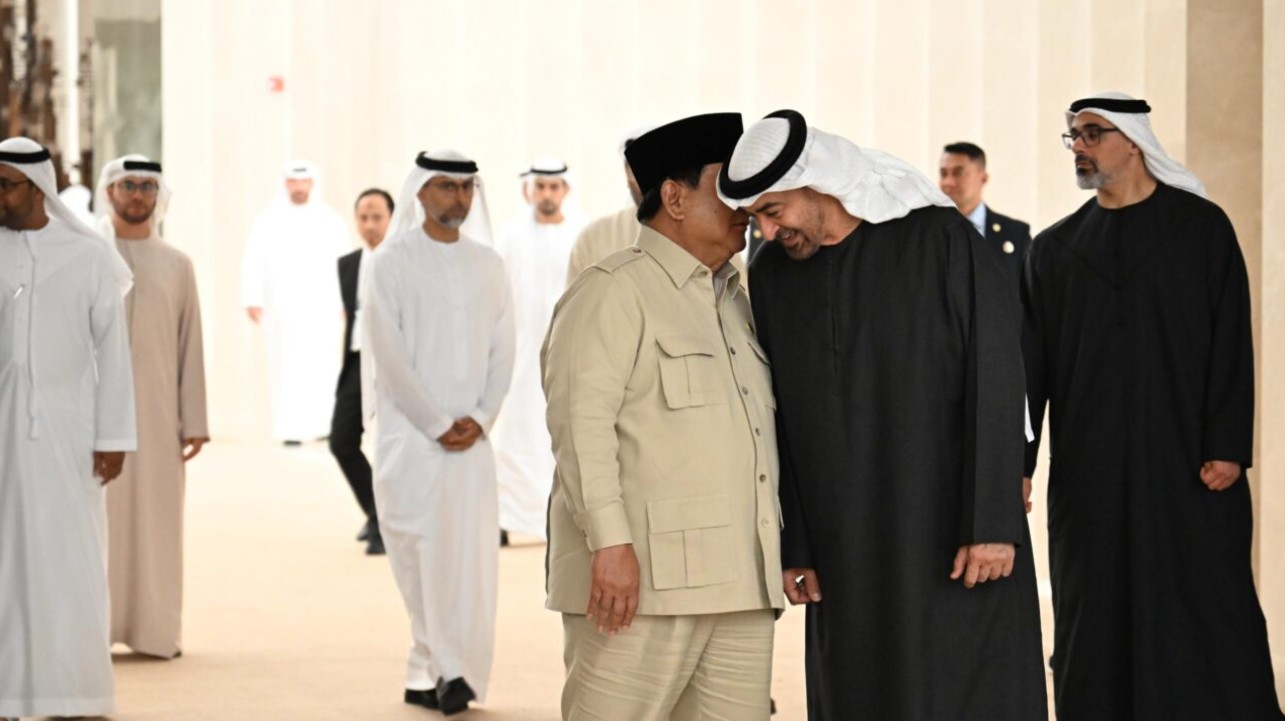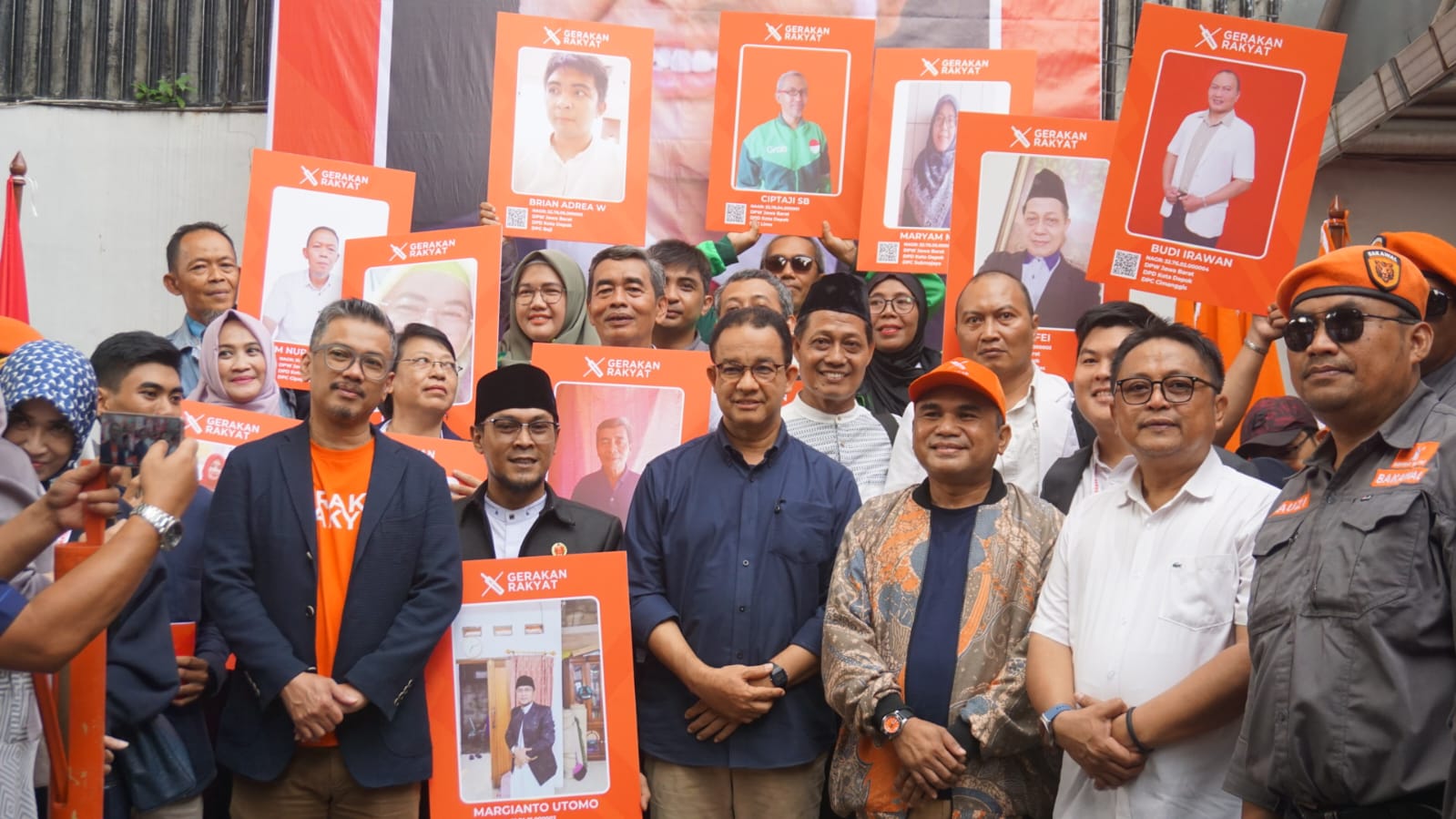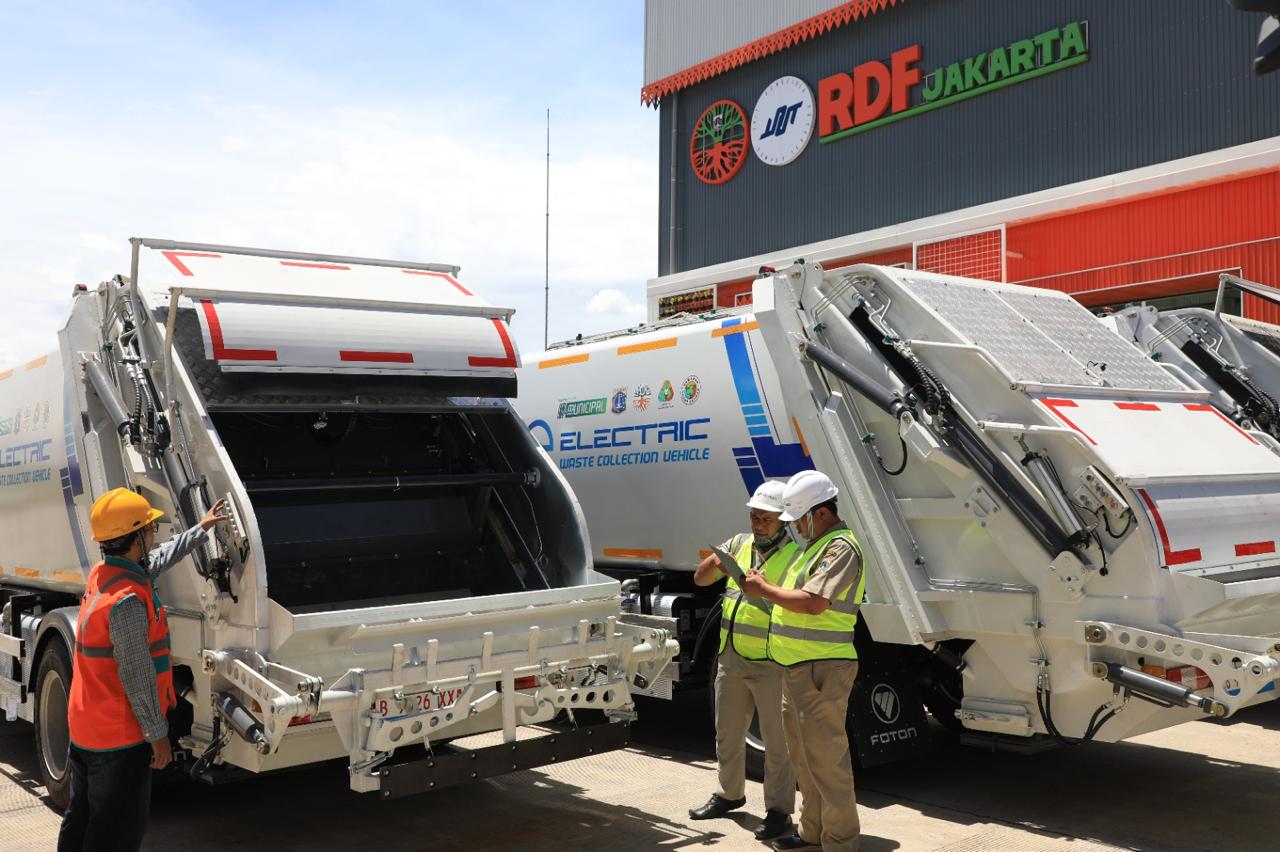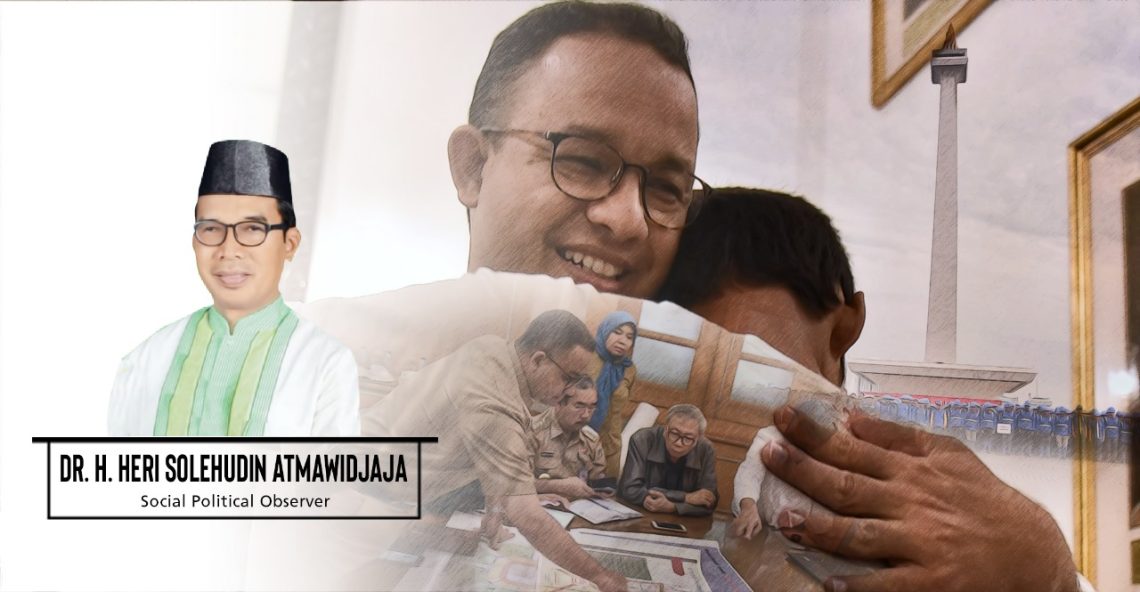
THE 2024 Simultaneous Local Elections, including the Jakarta Gubernatorial Election, scheduled for November 27, 2024, are a pivotal moment in Jakarta’s democratic process in determining the leadership direction for the next five years. Many figures and political parties are actively engaged in political lobbying to smooth their path to claim the capital’s top seat.
If we look at the political map and constellation in the 2024 Jakarta gubernatorial election, Anies Baswedan seems to have a substantial chance of winning, especially considering his position as the incumbent who has implemented significant changes in Jakarta’s development during his tenure.
With his impressive track record in leading Jakarta, Anies Baswedan has achieved notable successes, from infrastructure projects to social programs that have directly impacted the lives of Jakarta’s citizens.
His success in implementing innovative programs and his ability to draw support from various quarters, including politically significant community groups, makes him a strong and promising candidate in the upcoming local elections. Therefore, Anies Baswedan seems to have a very high chance of returning to the political contest in the upcoming Jakarta gubernatorial election.
However, it should also be noted that the AMIN pair lost the 2024 presidential election to the Prabowo-Gibran pair in Jakarta, where they were initially favored based on various survey results. Regardless of issues of fraud or other concerns, this should be an important note.
For those of us observing the brutality of our electoral democracy, there is an opportunity for anyone with significant financial support to win political contests, while conversely, candidates with less financial backing are easily undermined. The presence of substantial financial support becomes a major factor determining the outcome of political contests.
The experience from the 2017 Jakarta gubernatorial election, which later became public regarding a financial agreement between Anies Baswedan and Sandiaga Uno concerning political costs, is concrete proof of the high costs in the democratic process, which undoubtedly places a significant burden on candidates who adhere strictly to principles of integrity. This reflects the reality that high campaign costs often become a barrier for candidates who choose not to engage in questionable or unethical political practices, as they must compete with financially more capable rivals.
At the same time, Anies' supporters also need to consider the difficult-to-obtain political costs, especially if parties such as NasDem, PKS, and PKB officially endorse Anies Baswedan as their candidate in the local elections.
While support from these parties can provide advantages in terms of resources and voter bases, Anies' volunteers need to be cautious about the potential political costs that might arise from such nominations, whether the parties provide just the ticket or the political expenses as well, where candidates must prepare their own political costs.
What is stated by political party leaders in response to journalists' questions does not always represent the political stance of their parties, so it can differ from the views held by volunteers. Political parties often use different communication strategies, issuing statements that tend to be ambiguous or indirect, thus provoking public reactions without explicitly committing the party to a particular position. The results are then calculated with a political profit and loss approach, where parties weigh the benefits and risks of each step taken in response to political issues.
Although parties like PKS, PKB, and NasDem may have the ability to provide free tickets to certain candidates, the difference with the political costs generally prepared by the candidate or their supporters remains an unresolved puzzle.
There is an assumption that if Anies Baswedan is no longer in office, he will not have a political stage and will disappear in the political whirlpool of the 2029 presidential contest. However, our belief is that a pearl remains a pearl even if submerged at the bottom of the sea. Therefore, the assumption that Anies will sink when not in office is not necessarily true. Anies' presence in politics depends not only on the position he holds but also on his capacity as a figure with influence and popularity among the public.
With his experience and track record, Anies Baswedan has the potential to remain relevant on the national political stage, whether as a community leader or in another capacity that can influence the political direction in the future.
The question then arises, is there a guarantee that the 2029 Presidential Election will not be worse than 2024? Do we still believe that power will not hinder Anies Baswedan's political steps? In the continuously evolving political dynamics, it is difficult to guarantee that the political situation in the 2029 Presidential Election will be better or worse than previous contests. Factors such as political polarization, social changes, and power dynamics can change rapidly and are difficult to predict.
However, confidence in Anies Baswedan's political strength lies not only in his
position of power but also in the influence and support he has among the public. Although power can be an obstacle to his political steps, Anies' success in building a strong image and supporter base can provide him with resilience and resistance against political pressures.
Therefore, while there is no guarantee that the 2029 Presidential Election will be easier, confidence in Anies Baswedan's political ability to endure and play a role in political dynamics remains, regardless of the challenges he may face in the future.
The issue of the Jakarta gubernatorial election ticket could also be linked to the Presidential Election as a form of accumulation from PDIP's disappointment with the parties supporting the Prabowo-Gibran pair, which is considered to have collaborated with Jokowi in undermining PDIP. If this happens, it is not impossible that Anies Baswedan will also be supported by PDIP, especially if candidates promoted by PDIP, such as Basuki Cahaya Purnama (Ahok) or Tri Risma Harini, are believed to be unable to defeat candidates supported by President Jokowi and his coalition parties.
From this experience, it can be assured that the Jakarta gubernatorial election will have the flavor of a Presidential Election and may be motivated by political revenge, thus certainly becoming more heated and brutal.
A political stage like this should be taken seriously by Anies Baswedan as it can become his second platform after the failed 2024 presidential election and smooth his path towards 2029. However, at the same time, it could also spell the end of his political career if he cannot win the contest.
Therefore, this challenge requires a careful political strategy and strong support from various parties so that Anies can optimize his opportunities and carve a significant position in Jakarta and national politics.
However, this political game is most likely to reach its peak in the final stages of the nomination, often referred to as injury time, which is the period leading up to the closure of nominations determined by the KPUD DKI Jakarta.
At this stage, political dynamics can change rapidly, including the possibility of alliance changes, withdrawal of support, or the emergence of other political surprises that can affect the direction and outcome of the political contest. Therefore, the injury time phase is a crucial moment that will determine the course of the Jakarta gubernatorial election and the political dynamics that will accompany it.
Dr. Heri Solehudin Atmawidjaja, Social Political Observer and Postgraduate Lecturer at Uhamka Jakarta, Vice Chairman of the Social Political Doctor Forum at Universitas Indonesia, Director of Heri Solehudin Center
 Info Detak.co | Sabtu, 20 Desember 2025
Info Detak.co | Sabtu, 20 Desember 2025 

